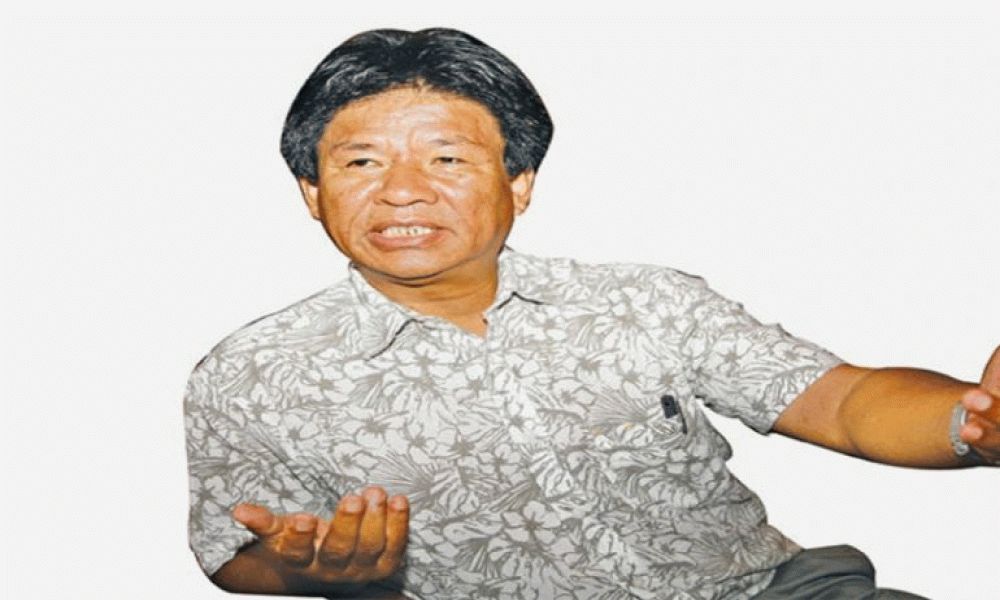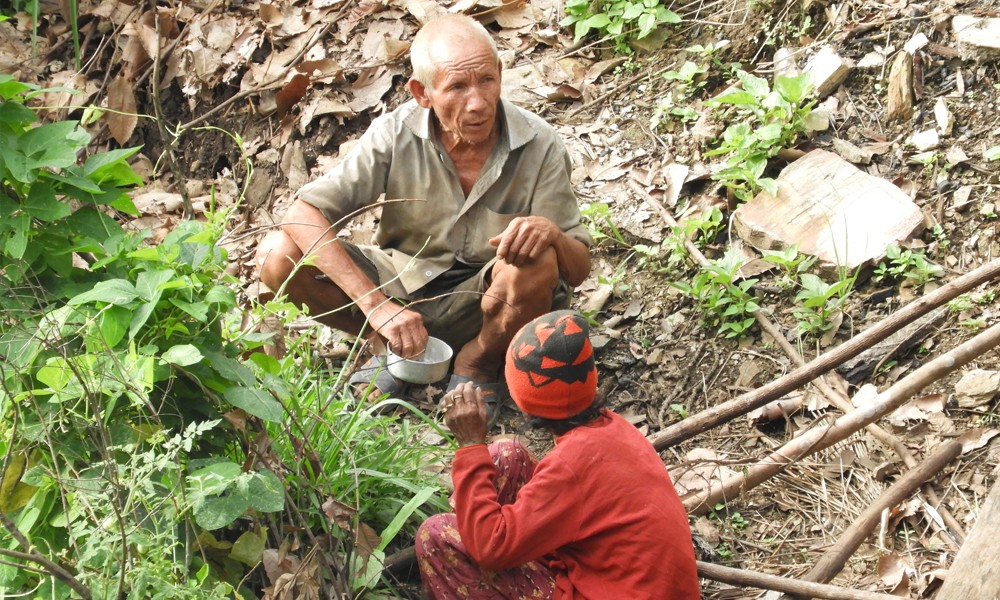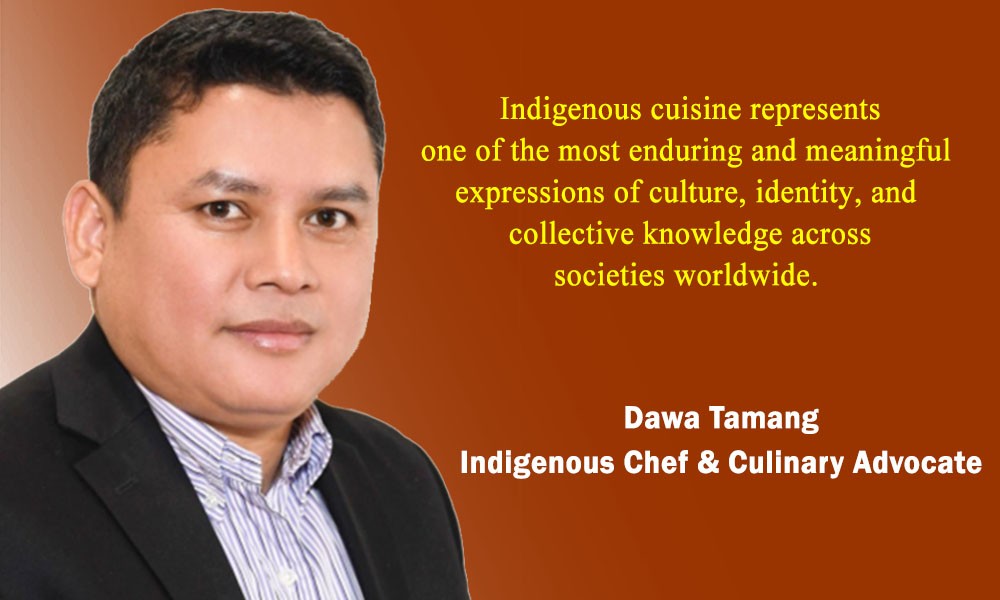Dr Om Gurung
Anthropologist and former General Secretary of Nepal Federation of Indigenous Nationalities
The new constitution was promulgated despite protests by Janajatis. What do you want to say about it?
Promulgation of the new constitution definitely ended our long and excruciating wait. In that sense, I am happy about it. But it failed to live up to our hopes and aspirations. It did not address the issues of identity and rights of indigenous people. That is why only a section of the society lit lamps to welcome it. The status quoist forces are happy. But those who wanted transformation of the polity are not. It means nothing to them. We wanted a charter that could further unify us, but it ended up creating more divisions. People are not angry, frustrated and bewildered. It is tragic.
The new constitution has not only granted a Janajati commission but also recognized all mother tongues as national languages. Are these not positive aspects?
These are of course some positive aspects. In addition, the new constitution has also institutionalized secularism, proportional representation, federalism and republicanism. But the Janajati commission granted by the constitution is not strong enough to do justice for indigenous people. We want a strong commission to investigate historical discrimination systematically perpetrated by the state against us and offer remedies. But shape and strength of the commission offered to us have not been defined. The constitution has deferred this task to future laws.
We want a strong commission to investigate historical discrimination systematically perpetrated by the state against us and offer remedies. But shape and strength of the commission offered to us have not been defined
The constitution says mother tongues spoken by a majority of people in a certain province can be used as an official language. But not a single mother tongue is spoken by a majority of people in any province. We want multi-lingual policy in federal provinces.
And secularism has been defined in a weak manner. Secularism has been retained, but only with a precondition that ancient Hindu religious practices will be preserved. So our own version of secularism does not end religious discrimination. The essence of secularism is that the state must remain neutral to all religions. By making a resolution to preserve ancient practices of one particular religion, we have diluted the spirit of secularism. Retaining cow as national animal and vermilion powder as national color are other examples of violation of principles of secularism.
Rights to self determination, autonomy and prior rights of indigenous people are also missing in the new constitution. So it is absurd to hope that the new constitution will empower indigenous people by ending discrimination against them. Tharus are already on the streets, other ethnic groups like Tamang, Magar and Limbu are also gearing up for a more fierce battle.
The new constitution may be amended, but what about the mindset of the ruling class. The political elite has a very narrow mindset which needs to be broadened.
Implementation of the constitution looks difficult in the face of resistance demonstrated by identity groups, what could be the way out?
The only purpose of the new constitution is to serve the interests of the establishment. That is why it has not angered identity groups. The only way out is to hold talks and sort out the issues through negotiations. But the establishment has overlooked the fact that implementing the constitution would be difficult without taking identity groups on board. As a political crisis broke out due to the Madhes movement, India has imposed an unofficial blockade against Nepal and is pressing Kathmandu to solve the crisis through talks. But the ruling class is still not serious enough.
Top three parties have promised to amend the constitution. Are you not hopeful?
The new constitution may be amended, but what about the mindset of the ruling class. The political elite has a very narrow mindset which needs to be broadened. They think they will lose everything if they grants Janajati and other marginalized groups what they rightfully deserve. They say we have the thickest constitution in the work. No matter how thick it is, it will still be hollow if rights of marginalized groups are not enshrined in it.
What is the way forward?
Issues of indigenous people remain unaddressed, but we are not going to give up on our rights like proportional representation and prior rights over natural resources. If the state corners all identity groups, we will be united and fight for our struggle.










